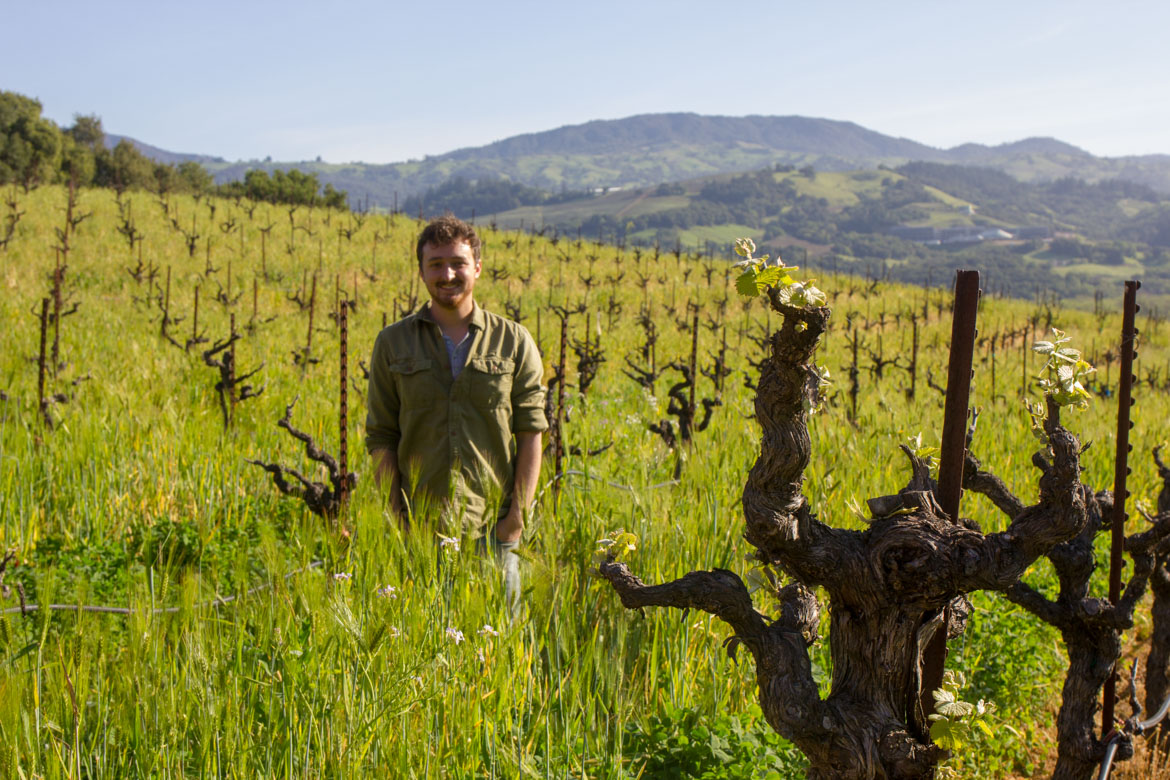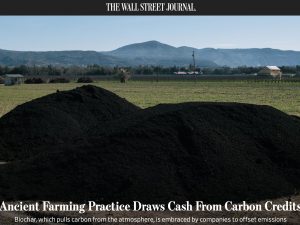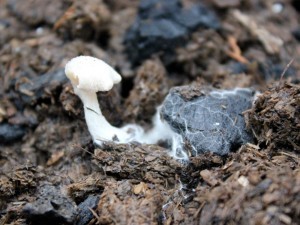
Biochar: the Vineyard’s Next Big Thing, a review
Pacific Biochar and some viticulture allies were featured in Wine Searcher this week in an article by Alex Russan, author and winemaker. Alex, a self-professed newcomer to the language of biochar, pulled from the experiences of Randall Grahm of Bonny Doon, Jake Neustadt of Bedrock Wine Co, Doug Beck of Monterey Pacific, Josiah Hunt of Pacific Biochar, and several others. After weeks of communicating, he whittled it all down to a short, informative, and enjoyable piece. Well done Alex. Here are a few notable quotes:
…
“Beck notes that while soils on California’s North Coast can have around 2 percent organic matter, the sandy soils he works with on the Central Coast often have only 0.8 percent. “You have to manage these depleted soils much more than soils with more organic matter, which largely take care of themselves.” As an example of biochar’s water-holding effects (directly, and indirectly from the organic matter it facilitates), on sandy soils treated with biochar, Doug is often able to wait a month or two further into the season before starting irrigation – a big deal in drought-ridden California.
…
“We take over a lot of old vine sites that have been mistreated for decades, in terms of over cultivation and stripping of organic matter. The farmers may have been disking four times per year, and on sloping vineyards, all the topsoil has slid to the bottom of the hill. In those sites you have very little organic matter.”
Bedrock started using biochar about seven years ago when rehabilitating abused vineyards. “The biggest thing for us in rehabilitating a vineyard, before we see a change in the vines themselves, is establishing a healthy cover crop. With biochar, suddenly the soil retains everything better (nutrients, microbes, water), so we see a big increase in cover crop biomass pretty immediately. This is the jolt that makes everything happen.”
…
Biochar lasts for millennia and changes the characteristics of a soil – does it therefore alter terroir? Randall Grahm of Bonny Doon, a man who has spent much time mulling over the nature of terroir and who has experimented with biochar himself, has valuable thoughts on this. “It is changing terroir, but everything you touch on the land, every time you do anything [such as fertilizing, watering, adding cover crops, planting vines] is changing terroir. Plowing or disking is a great deformation of terroir. Biochar is a benign one. Because you’re encouraging mycorrhizae [the most critical group in the soil microbiome, which actively transport micronutrients in soil to roots], you’re enhancing the signal of terroir.” In this sense, Grahm feels biochar is a terroir amplifier, rather than a terroir deformer.
For his experimental Popelouchum vineyard in San Juan Bautista, Grahm applied biochar prior to planting. The vineyard is located on the edge of where dry farming is possible in California, and one of his hopes in using biochar is that it will allow him to dry farm. From a terroir perspective, this seems like a great deal. If all changes to a site deform terroir, Grahm is trading the application of a benign terroir deformer (and potential terroir enhancer) to gain full access to a very important aspect of terroir: enabling the vintage to be guided entirely by rainfall, as opposed to human irrigation choices.
…
You can view the full article here: https://www.wine-searcher.com/m/2020/05/biochar-the-vineyards-next-big-thing






